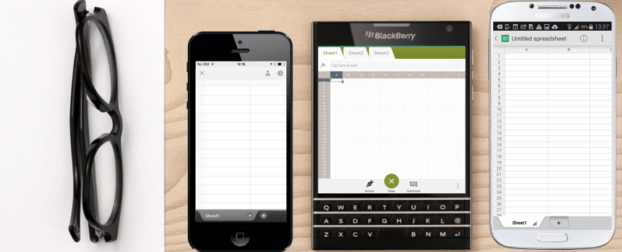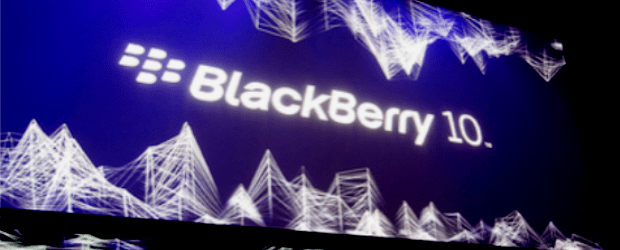Investors in BlackBerry Ltd., (TSE: BB) are waiting for signs that the company has turned the corner, employees want to know if the company’s painful restructuring plan that has seen numerous layoffs is nearing its end and consumers want to find out if the Waterloo, Ont. smart phone company still has the capability to roll out a blockbuster product.
BlackBerry launch its new Passport smart phone on Wednesday and its expected release on Friday of the company’s latest quarterly earnings will be viewed as barometers of the company’s future.
In March this year, BlackBerry Ltd. CEO John Chen proudly announced that the company’s restructuring plan has “put us on track if not slightly ahead” and that “BlackBerry is on sounder financial footing today with a path to returning to growth and profitability.”
Last month, Chen said BlackBerry can begin hiring once more barring any market downturn. This Friday’s fiscal report in important because it will indicate whether Chen will be able to deliver on that promise.
BlackBerry is looking to achieve positive cash flow by the end of February 2015 and profitability in 2016. This week will give a better indication if the company is on its way to being in the black again.
Public reception to “squarish” Passport device to be launched Wednesday in Toronto, London and Dubai, will be a significant gauge as to whether BlackBerry still has what it takes to go head-to-head against current mobile market leaders.
For one thing, BlackBerry is taking a slightly more aggressive pricing approach with Passport. In an interview with the Wall Street Journal, Chen said BlackBerry wanted to sell the phone for around $US700 but decided to sell them the United States for $599 instead.
The price tag positions Passport attractively against the Samsung Galaxy S5 and Apple’s iPhone 6 which sell between $600 and $649 without a contract and the iPhone 6 Plus with a no-contract price of $750.
Despite the lower price tag, the Passport has its work cut out for it. Apple moved no less than 10 million units of its latest iPhones since its launch last week.
Back in March, Chen reported that BlackBerry’s revenue was $6.8 billion, down 38 per cent from $11.1 billion in the previous fiscal year. The company lost $5.9 billion during the 12 month fiscal 2014, compared to $628 million for the same period the year before.
BlackBerry also had to write off $934 million of inventory from its slow-selling Z10 smart phone, first introduced last year ago.
On Friday, the company is expected to release its 2015 fiscal second quarter results. Analysts predict BlackBerry’s sales will be between $900 million and $940 million.






